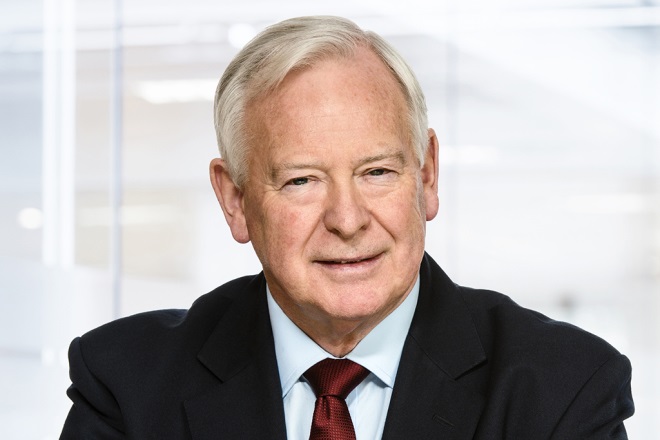Contractor Laing O’Rourke has returned to a strong profit as inflation eased across Europe.
In the year to 31 March 2024, the firm tabled a pre-tax profit of £40.0m, a year after it reported a £273.9m pre-tax loss due to inflation, project delays and a legacy contract in Australia that squeezed its finances.
In its accounts for 2023/24, Laing O’Rourke said it returned to profit after it focused “on delivering projects with certainty and building resilience”.
Turnover was also up, narrowly missing a £4bn total with £3.989bn, a steady increase from the £3.4bn it posted the year before.
But the UK’s largest privately-owned contractor said inflation and delays to investment in the UK had “continued to impact the pre-exceptional results of our Europe hub”.
More than 60 per cent of the firm’s work takes place in Europe, with the rest focusing on its Australia hub, according to its results.
“While we remain cautiously optimistic and encouraged by the speed and strength of our recovery, we are alert to ongoing global and political turbulence,” Laing O’Rourke said in the accounts.
Despite the caution, Laing O’Rourke singled out the “easing in inflationary pressures” for its stronger performance in Europe, as well as “the prior year gross margin being impacted by challenging delivery on projects experiencing significant change”. It also pointed to the “tight control of overheads”.
In its Europe hub, Laing O’Rourke’s revenue reached £2.5bn, compared with £2.2bn the year before. Profit stood at £17m compared with a £167.7m loss in the previous year.
The firm also confirmed its focus on six sectors in Europe as it continues to move away from the housing market: healthcare, nuclear and green energy, rail, defence, science and research, and data centres.
But chief executive Cathal O’Rourke told Construction News the firm might still take on Ministry of Defence accommodation schemes.
“That’s where we can see that playing out,” he said.
Laing O’Rourke continued to make £19.6m worth of provisions related to building safety remediation, and a further £87.5m of defects provisions.
The firm also made a £204.9m “onerous contract provision”, which Cathal O’Rourke confirmed was for the same dispute in Australia that helped create a loss in the prior year.
In a statement, he said: “The historical contract dispute that we made provision for in FY23 remains in arbitration and we expect it to be settled from mid-2025.”
Looking ahead, Laing O’Rourke chairman Sir John Parker said demand for the firm’s skills and expertise “remains strong”.
“Governments in both hubs committed to investing in infrastructure to sustain jobs, spur growth, and ensure progress towards net zero,” he added, mentioning new hospital jobs and a recent appointment as construction partner for the National Grid’s Great Grid Partnership programme as jobs that should deliver profit in the coming years.
The firm also reiterated its desire for private sector investment to boost infrastructure. In June, it joined a collection of contractors and consultants calling on the new government to replace PFI to make more funding available for the industry.
In its accounts, Parker affirmed the call for a new private investment plan. “In both of our main markets we have governments reconciling the need for new infrastructure with finite public finances, and determining how best to attract private-sector investment,” he said.

